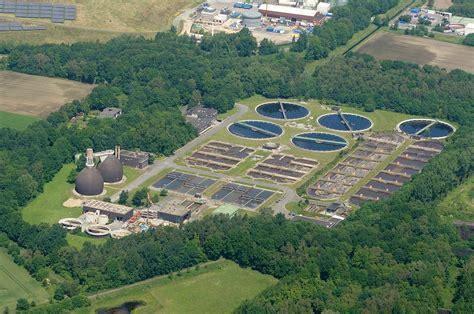In general, septic conditions occur when bacteria use all of the available oxygen while decomposing organic matter in wastewater for energy. These bacteria reduce sulfur compounds such as sulfate (SO4), thereby producing sulfides (SO2). But under anaerobic (septic) wastewater conditions, sulfides cannot be oxidized. Therefore, they combine with hydrogen to produce hydrogen sulfide gas, creating the “rotten egg” odor associated with septic wastewater.
This condition can produce foul odors and a corrosive environment. Corrosion applications exist at treatment facilities where MCCs, laboratories, and control rooms can experience the damaging effects of corrosion. Odor applications exist at the treatment plants and in the collection system, typically at pump and lift stations.

